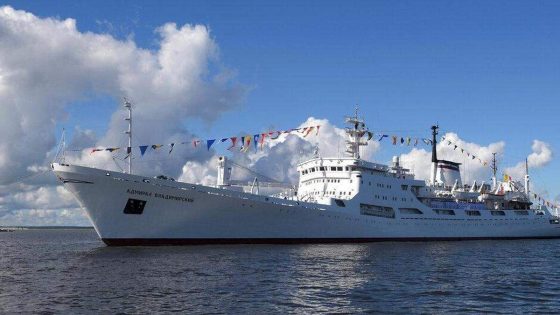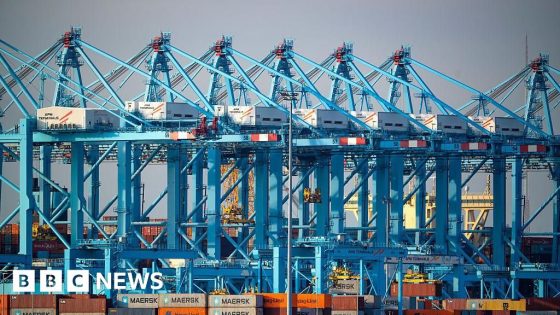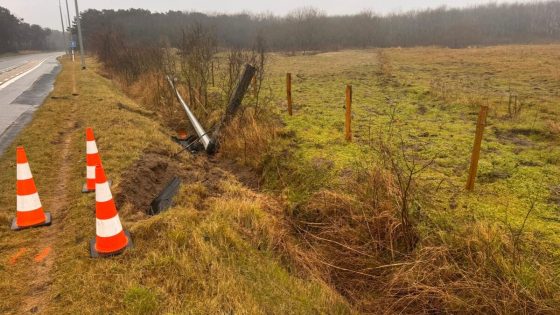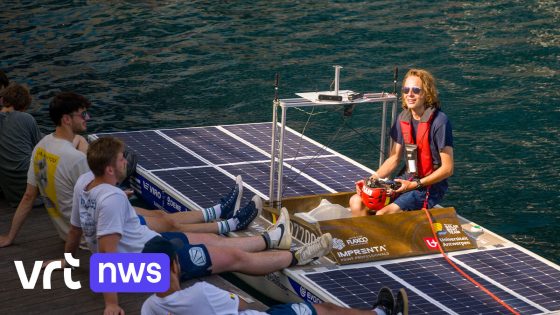The presence of the Russian ship Admiral Vladimirsky in the North Sea has drawn attention from Belgian authorities, who are closely monitoring its activities. As of 2025-08-12 04:10:00, the Belgian Navy has deployed the patrol vessel Pollux to shadow the Admiral Vladimirsky, ensuring close observation without interference. This move highlights ongoing concerns about foreign naval operations near Belgium’s maritime infrastructure.
- Marine deploys Pollux to shadow Admiral Vladimirsky
- Admiral Vladimirsky avoids critical North Sea infrastructure
- Russian ship conducts hydrological research in Cuba
- British and Dutch navies monitor Russian vessel closely
- Admiral Vladimirsky suspected of espionage with drones
- European sources accuse Russian fleet of cable damage
Despite suspicions, Defence Minister Van Belleghem has confirmed no evidence of espionage or sabotage has been found in Belgian waters. The Russian vessel continues to navigate freely, respecting international laws that guarantee freedom of navigation within exclusive economic zones. But with critical infrastructure such as data cables, wind farms, and gas pipelines nearby, how secure is Belgium’s maritime domain?
Belgium’s cautious stance reflects the delicate balance between safeguarding sovereignty and adhering to European maritime regulations. This evolving situation raises important questions about the risks posed by foreign naval vessels in regional waters, setting the stage for a closer look at what this means for Belgium’s security.
Is the Admiral Vladimirsky simply conducting routine operations, or does its presence signal potential threats to Belgium’s maritime security? While no hostile actions have been detected, vigilance remains key. Consider these points:
- The ship has been shadowed by Belgian and other NATO navies since March 2025.
- It has avoided lingering near critical infrastructure, reducing immediate risk.
- European laws limit Belgium’s ability to restrict the vessel’s movement in its economic zone.
- Concerns persist about possible underwater drone espionage and cable sabotage linked to Russian vessels.
Going forward, Belgium must maintain robust maritime surveillance and international cooperation to protect its interests. How can Belgium balance open seas with security? Staying informed and prepared will be essential as this situation develops.

































